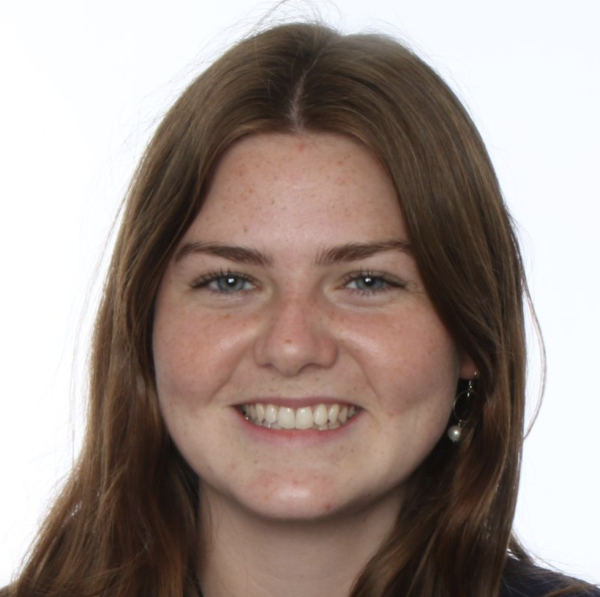Urban students fail to expand their learning outside of the classroom, despite Urban’s numerous opportunities to visit unique locations within the United States and abroad.
School trips to locations such as Spain, France and Mississippi are offered to juniors and seniors every other year. The process to apply is easy and simple: each student writes one paragraph about why they are interested in attending the trip. Then, there is a random draw among the applicants in order to fill in spots without bias. Once you attend a school trip, you may not attend another during your time at Urban.
Despite this simple application process, student interest in trips is low. Last fall, English Teacher Courtney Rein did not receive a sufficient number of applications for the Mississippi trip, leading her to extend the application deadline in the hopes of receiving at least 18 applicants. This fall, I noticed that the deadline for the Spain trip applications had also been extended. As someone who both attended the Mississippi trip and considered the Spain trip, I wondered why so few students were eager to attend either one.
Part of Urban’s mission statement states, “Learning extends beyond the classroom to instill in students a sense of mission and purpose as citizens of the larger community and world.”
Rein eventually received exactly 18 applicants, but this had not been an issue the previous time she ran the trip. When comparing interest from the previous years she organized the Mississippi trip, Rein said, “[The first time I planned the trip], it wasn’t in the historical memory of students because they hadn’t gone for 12 years. I had to talk it up. And then the second time I ran the trip [two years later], I had a waitlist of 18 people.”
She attributes this shift to more students talking to their peers about their positive takeaways from the trips.
“Some of what Urban students seem to rely on is older students sharing their amazing experiences and hearing from older students that they trust,” said Rein.
Many students can feel overwhelmed by their schoolwork, so much so that it creates nerves around missing school. Linda Ye ‘24 co-leads the Asian Pacific Islander affinity space (API), is a part of the Student Admissions Council (SAC) and is an Urban Bridge leader, in addition to numerous other student committees outside of school.
Ye amplified this message of having to decide how one wants to distribute their time. “I think in school, be aware of how you’re consuming your time.” Ye said, “[If I know] I have a [commitment] the next night, I’d rather get sleep tonight.”
Ye has experienced some frustrations when trying to seek support at school around receiving extensions.
“In the final course report [a teacher] still marked me down for items turned in on time, even though I had asked her for my extensions. She knew, but she still put that in,” said Ye.
In my experience, Urban teachers have been very receptive to extension requests. I have even had teachers mention the availability of extensions unprompted due to their knowledge of college application deadlines.
In addition to scheduling conflicts and the fear of missing school, there can also be socioeconomic concerns surrounding trips.


